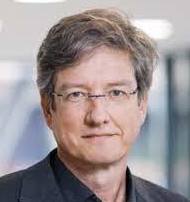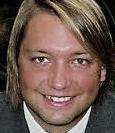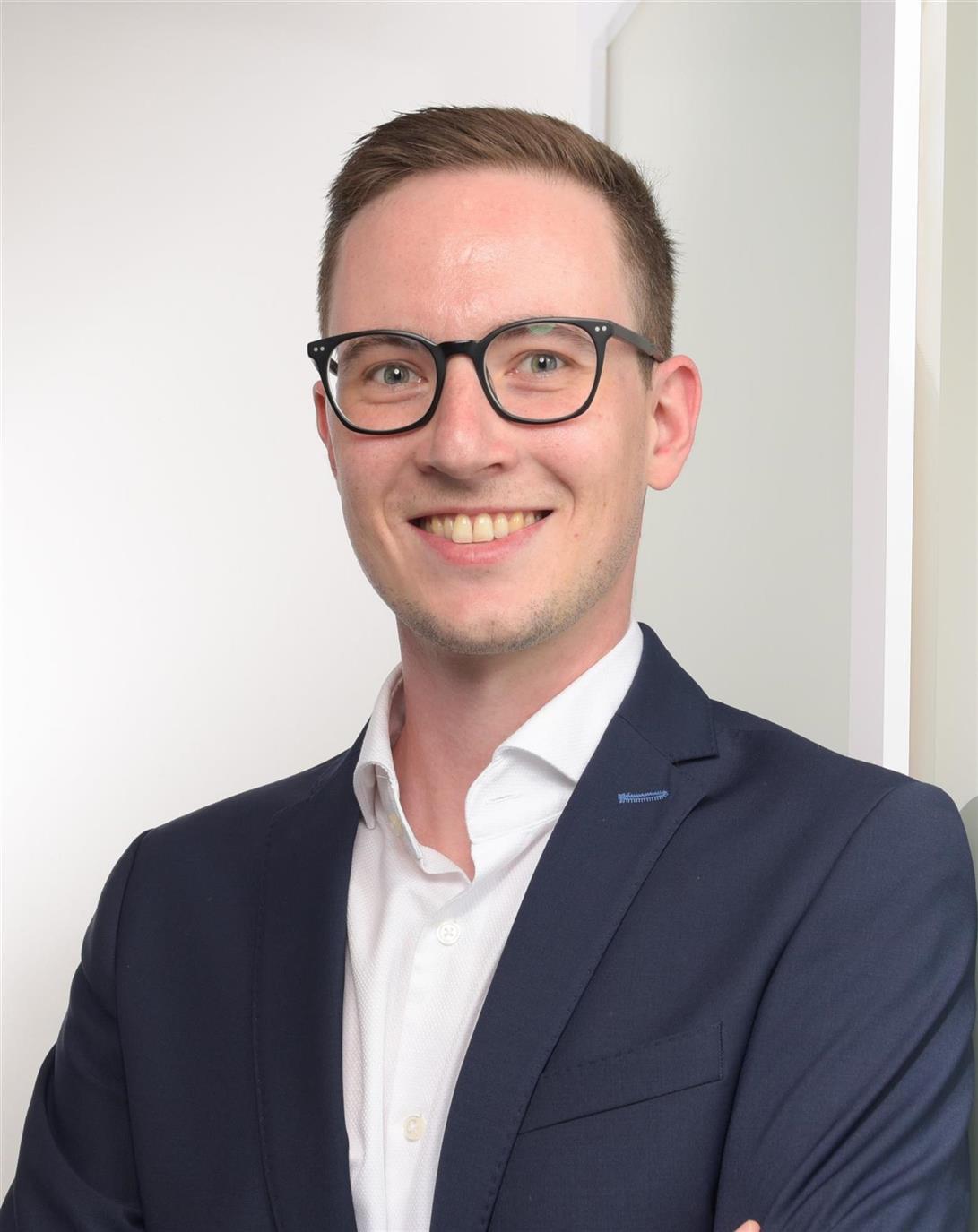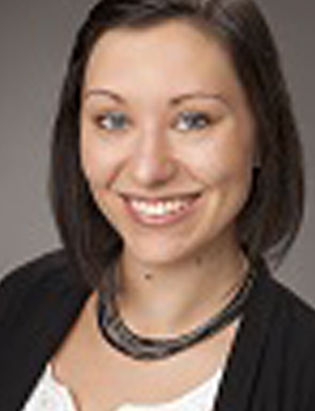

The Section for Neuropsychology focuses on the investigation of spatial cognition and object recognition in humans. The current issues of our work comprise the action control and sensorimotor coordination, object identification, perception of body orientation, spatial attention and exploration, grasping and pointing movements, and auditory localization in space.
The Division of Neuropsychology’s main areas of research are the study of spatial orientation and object perception in humans. By using techniques such as functional magnetic resonance imaging (fMRI), Transcranial Magnetic Stimulation (TMS), eye tracking, and the motion capture of hand and arm movements in both patients with brain-damage and healthy subjects, the mechanisms and processes of human perception of objects, attention, the exploration of space, as well as visuomotor coordination during pointing, grasping and object interaction/manipulation are examined.
However, the greater question driving the Division of Neuropsychology’s research is “how do organisms perform sensorimotor coordination processes?” For example, in order to generate successful motor actions (e. g. pointing or grasping movements) we must actively deal with the problem of spatial exploration and orientation. In order to do this it is necessary to process a multitude of sensorimotor information that are derived from constantly changing coordination systems. How the human brain accomplishes this task is a main focus of the Cognitive Neurosciences. The findings to our research questions not only allow us to have a better basic scientific understanding of these processes but will also aid us to develop new strategies for the treatment of patients with brain damage who show deficits in these areas.
Our current research in more detail -> https://homepages.uni-tuebingen.de//karnath/Sektion.html
By using techniques such as functional magnetic resonance imaging (fMRI), Transcranial Magnetic Stimulation (TMS), eye tracking, and the motion capture of hand and arm movements in both patients with brain-damage and healthy subjects, the mechanisms and processes of human perception of objects, attention, the exploration of space, as well as visuomotor coordination during pointing, grasping and object interaction/manipulation are examined. However, the greater question driving the Section of Neuropsychology’s research is “how do organisms perform sensorimotor coordination processes?” For example, in order to generate successful motor actions (e. g. pointing or grasping movements) we must actively deal with the problem of spatial exploration and orientation. In order to do this it is necessary to process a multitude of sensorimotor information that are derived from constantly changing coordination systems. How the human brain accomplishes this task is a main focus of the Cognitive Neurosciences. The findings to our research questions not only allow us to have a better basic scientific understanding of these processes but will also aid us to develop new strategies for the treatment of patients with brain damage who show deficits in these areas.
Our research in detail -> https://homepages.uni-tuebingen.de//karnath/Sektion.html
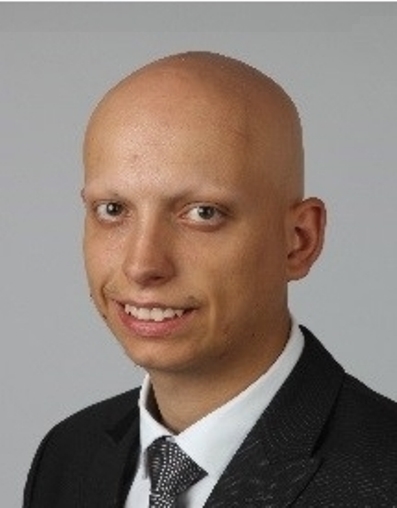
+49 (0)7071-
29-84080
Neuropsychological Disorders
Strokes not only lead to motor and sensory impairment, but often also cause disorders of higher brain functions such as speech, attention, perception, memory, intelligence, planning and action, problem solving, spatial orientation or sensorimotor coordination. Effective treatment of these impairments requires a careful neuropsychological examination of the impairment by evaluating the specific pattern of the disorders. These examinations are carried out by standardized and psychological performance tests.
Team
Prof. Dr. Dr. Hans-Otto Karnath Head of the Section of Neuropsychology
Maria Rähder, psychologist (diploma)
For appointments see: Neuropsychologische Ambulanz
Please find current openings with the Section of Neuropsychology at:
-> https://homepages.uni-tuebingen.de//karnath/Openings.html
Coming soon

Hertie Center of Neurology
Hertie Institute for Clinical Brain Research
Hoppe-Seyler-Straße 3
72076 Tübingen
Phone: +49 (0)7071 29-80476
Fax: +49 (0)7071 29-4489
Ina Baumeister
Phone: +49 (0)7071-29-80476
Fax: +49 (0)7071 29-4489
ina.baumeisterklinikum.uni-tuebingen.de




